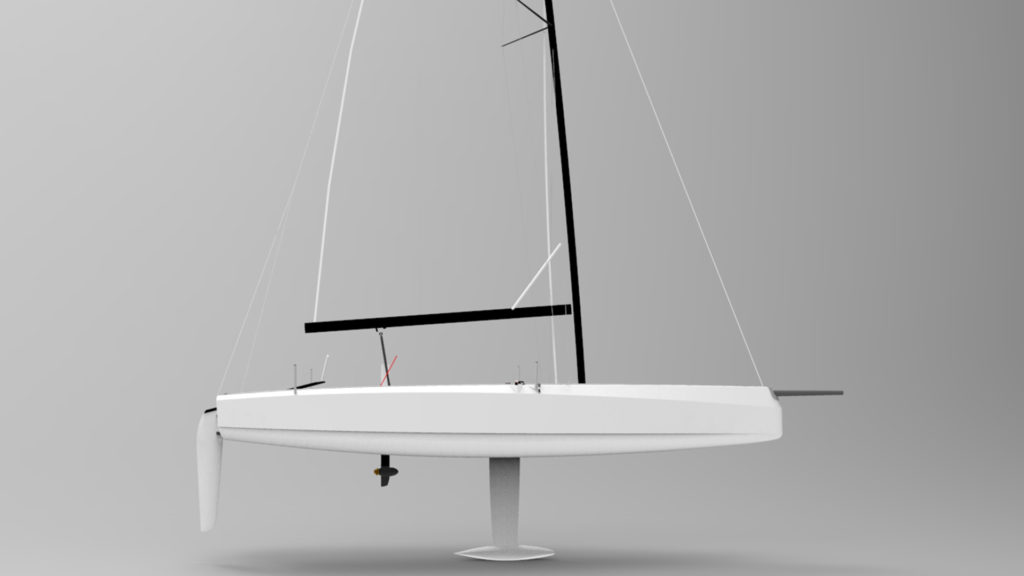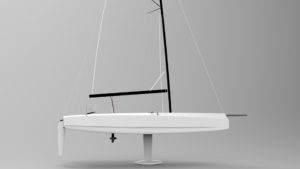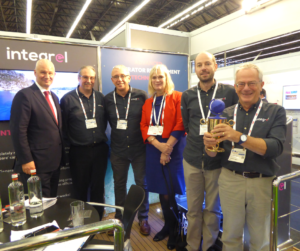Pursuing the growth formula

This story is by Craig Leweck at Scuttlebutt Sailing News:
British-based RS Sailing is best known for their massive selection of durable dinghies which has spawned class organisations and international championships. Their boats are racy without being too racy, and they promote a culture of competition and comradery. A proven formula for growth.
But now they’ve entered the keelboat category with their RS21, a sporty little model just named Sportboat of the Year by the British Yachting Awards. The RS21 is an interesting blend of trends that will certainly continue the RS success in Europe, but it will be a test to gain traction amid the North American landscape. It always is.

It looks to fit a narrow gap between the Viper 640 and the J/70, both well-established classes and all three in that 21-22 foot range. Whereas the Viper is a hiking boat, and the J/70 has a small cabin with a mix of legs in and legs out, the RS21 has the look of the Viper without hiking, and the keelboat feel of the J/70 without any compromise accommodations.
There are many slick features, most notable being the built-in electric engine and the sunken front deck for easy crew work. Both increase the usability of the boat, and with spinnaker options for fractional and full-hoist asymmetrical, or a symmetrical set-up for match racing, this flexibility can help fit the boat into various uses.
However, I’m an admitted skeptic for any new boat entering a sport with struggling participation trends. Paul Elvstrom says: “It is much harder to build a strong and vibrant International Class Association than design a new boat.” There already are many established classes, so I say we don’t have a lack of boat choices but rather a breakdown in meeting people’s recreational needs.
Now, the same could have been said about the J/70, which launched alongside the previously established Melges 20. But the J/70 overcame its competition by being a reasonably designed boat that could be sailed competently by a broad section of sailors. The cost and the reward of recreation, when sailing the J/70, met the needs of more people.
However, the culture of the J/70 Class has struggled to harness the immense cost in money and effort now being invested to compete. The Class has had some measurement issues too, and while that appears to be in the past, the overall landscape to compete is not what it was when the early adapters bought boats. The RS21 hopes to limit the arms race out of the gate.
I enjoyed my outing on the RS21, and it clearly can fill both training and racing needs. But for the RS21 to gain significant traction as a Class, it will be a result of it being an easily sailed design, built consistently and affordably, and with the historically strong RS Sailing culture to manage the balance of competition and comradery. Keeping the cost of fun within reach is what works.
UPDATE: There will be six RS21s available for charter at all the 2019 NOOD Regattas and at Charleston Race Week to kick off the One Design Racing. For details contact Ed Furry at ed@rssailing.com.










